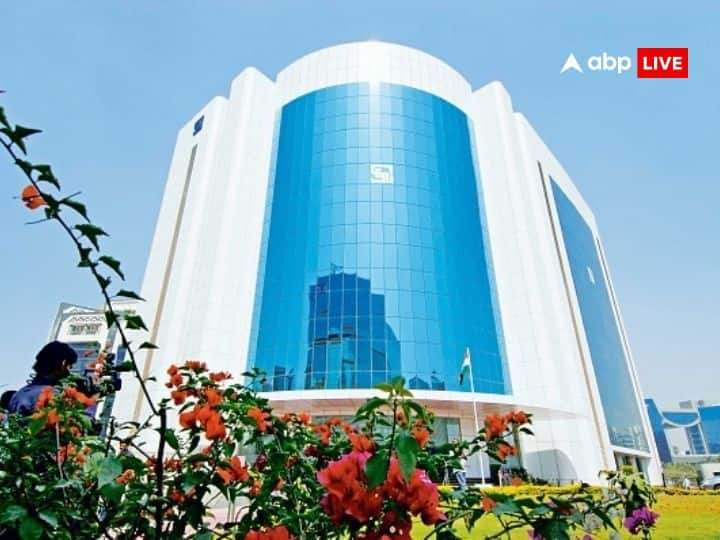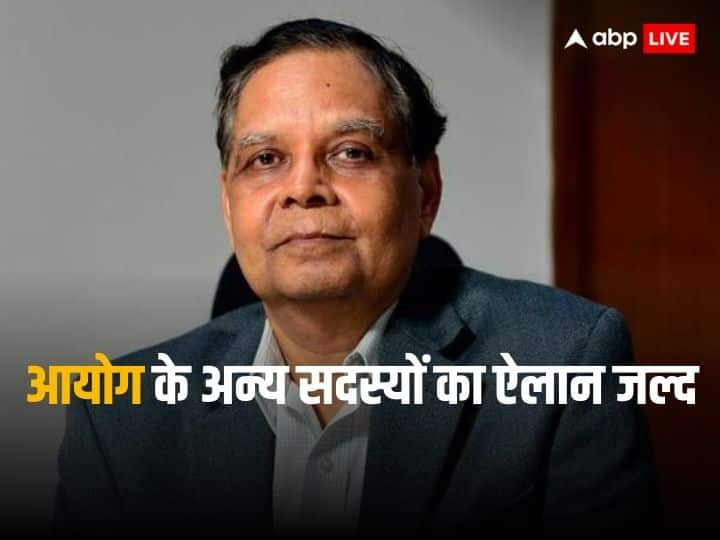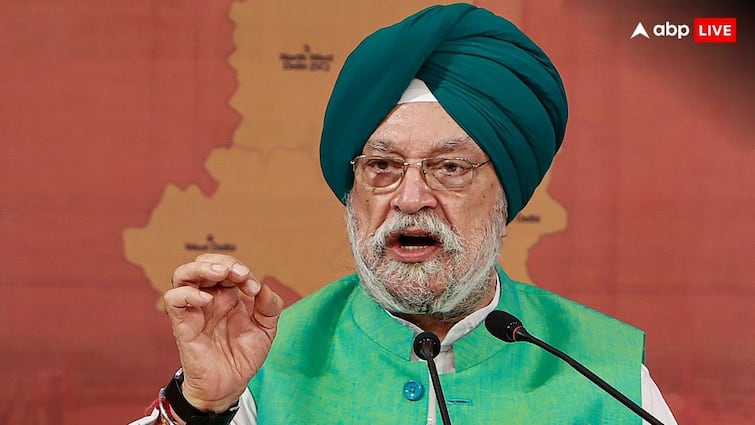Mutual Fund Fees: Investors investing in mutual funds are expected to get great relief. An important meeting of the board of the stock market regulator SEBI (Securities and Exchange Board of India) is going to be held on June 28, 2023, in which major changes in the fee structure charged from investors of mutual funds can be approved. Also, strict code of conduct rules can be implemented for asset managers of mutual funds.
SEBI has recommended a major change in the annual charges i.e. Total Expense Ratio (TER) charged by mutual funds from unit holders. This change can reduce the cost of investing in mutual funds. Although mutual fund companies are also opposing SEBI’s suggestion. SEBI, in its discussion paper released on May 18, has asked to make the total expense ratio uniform at the fund house level and not on the basis of the scheme.
This means that the mutual fund will have to charge a total expense ratio for its equity or debt scheme based on the assets it manages. At present, each scheme is allowed to charge total expense ratio depending on the asset size.
Securities Transaction Tax (STT) and Goods Services Tax (GST) collected from investors and brokerage houses on investments and advisory fees by mutual funds, along with the transaction charges paid by fund houses for executing trades, are the total expenses incurred by SEBI. It is suggested to be included in the ratio slab itself. Also, it has been proposed to include the incentive given for selling units in the top 30 cities in the total expense ratio slab itself. However, fund houses are not in favor of bringing STT and GST in the total expense ratio slab.
In fact, SEBI is emphasizing on bringing down the cost of investing in mutual funds. With the implementation of this decision of SEBI, there may be a reduction in the cost for unit holders investing in mutual funds according to the size of the asset.




